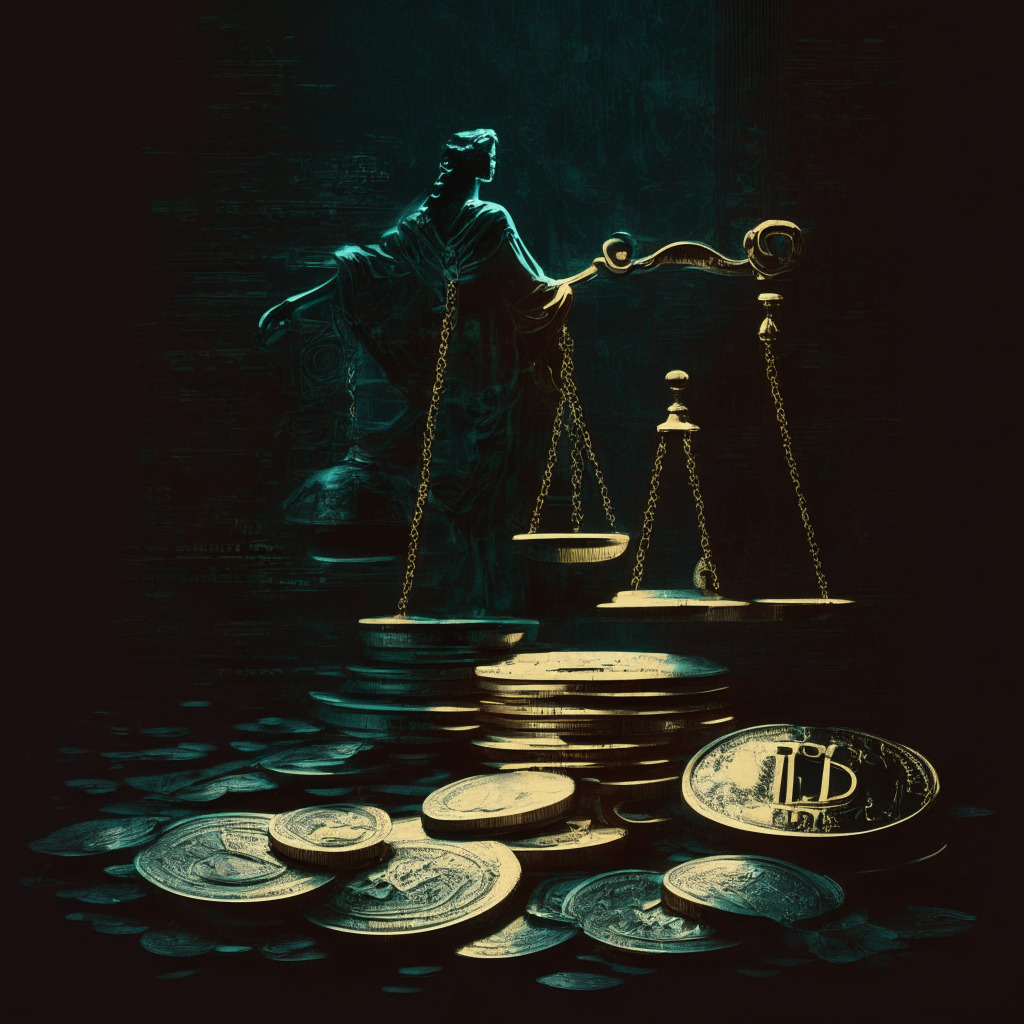The allegations against Binance and Coinbase by the U.S. Securities and Exchange Commission have substantial ramifications for the decentralized finance (DeFi) ecosystem, and they are far from positive. DeFi has developed as a promising area within the crypto industry, aiming to disrupt established financial systems and deliver financial services in a decentralized manner.
However, the latest charges against these centralized exchanges raise doubts about the future of DeFi. By targeting Binance and Coinbase for suspected violations of securities laws and operating unregistered exchanges, the regulator seems to be imposing its authority on an industry that thrives on independence and autonomy.
DeFi’s strength comes from its decentralized protocols, smart contracts and decentralized applications that empower users and eliminate the need for intermediaries. Nonetheless, such a legal conflict against centralized exchanges challenges the essential concepts of DeFi. It appears like regulators are seeking to suppress innovation and reestablish control over a fast-expanding business.
Moreover, the SEC’s accusations against Binance and Coinbase might have a chilling effect on DeFi projects, leading to uncertainty among developers and entrepreneurs about pursuing new and breakthrough concepts. This could hinder the potential expansion and evolution of DeFi, limiting its ability to disrupt and improve established financial institutions.
In the Binance lawsuit, the SEC argues that tokens such as Solana’s SOL, Cardano’s ADA, Polygon’s MATIC, Filecoin, Cosmos’ ATOM, The Sandbox’s SAND, Decentraland’s MANA, Algorand’s ALGO, Axie Infinity Shards, and COTI (COTI) are securities. Another notable cryptocurrency deemed a security by the SEC is Ripple’s XRP. Such charges have significant ramifications for the DeFi ecosystem, considering the high market capitalization and prominent position these cryptocurrencies have. The SEC’s allegations imply that they would need to conform to the legislation and registration procedures relevant to regular securities. This would introduce a huge barrier for the DeFi projects utilizing these coins and might potentially hinder their growth and innovation.
One immediate concern is the potential impact on liquidity and trading activity linked to these coins. If their categorization as securities limits market accessibility or results in a lessened price impact, it might drastically curtail the options accessible to DeFi customers. Moreover, this could impair the overall effectiveness and efficiency of decentralized protocols.
Another concern arises from the compliance duties created by recognizing these coins as securities. DeFi projects would face higher expenses and administrative difficulties, deterring smaller initiatives or firms from entering the DeFi industry. This could result in a reduction in innovation and a restricted range of services offered to users.
Furthermore, the ramifications of these allegations extend beyond the specific coins cited in the lawsuit. The uncertainty surrounding the regulatory status of various tokens within the DeFi ecosystem has the potential to exert a ripple effect on the sector as a whole. Market participants may display reluctance to participate with tokens that could potentially be classified as securities, weakening investor confidence and limiting overall market growth.
Ultimately, the outcome of these allegations and regulatory measures will influence the destiny of DeFi. It is vital for regulators to assess the potential of disruptive technologies and ensure that their actions do not hinder their growth or deter innovation. Striking the right balance between regulation and decentralization is important to unlock the full potential of DeFi and usher in a new era of financial inclusiveness and empowerment.
Source: Cointelegraph




